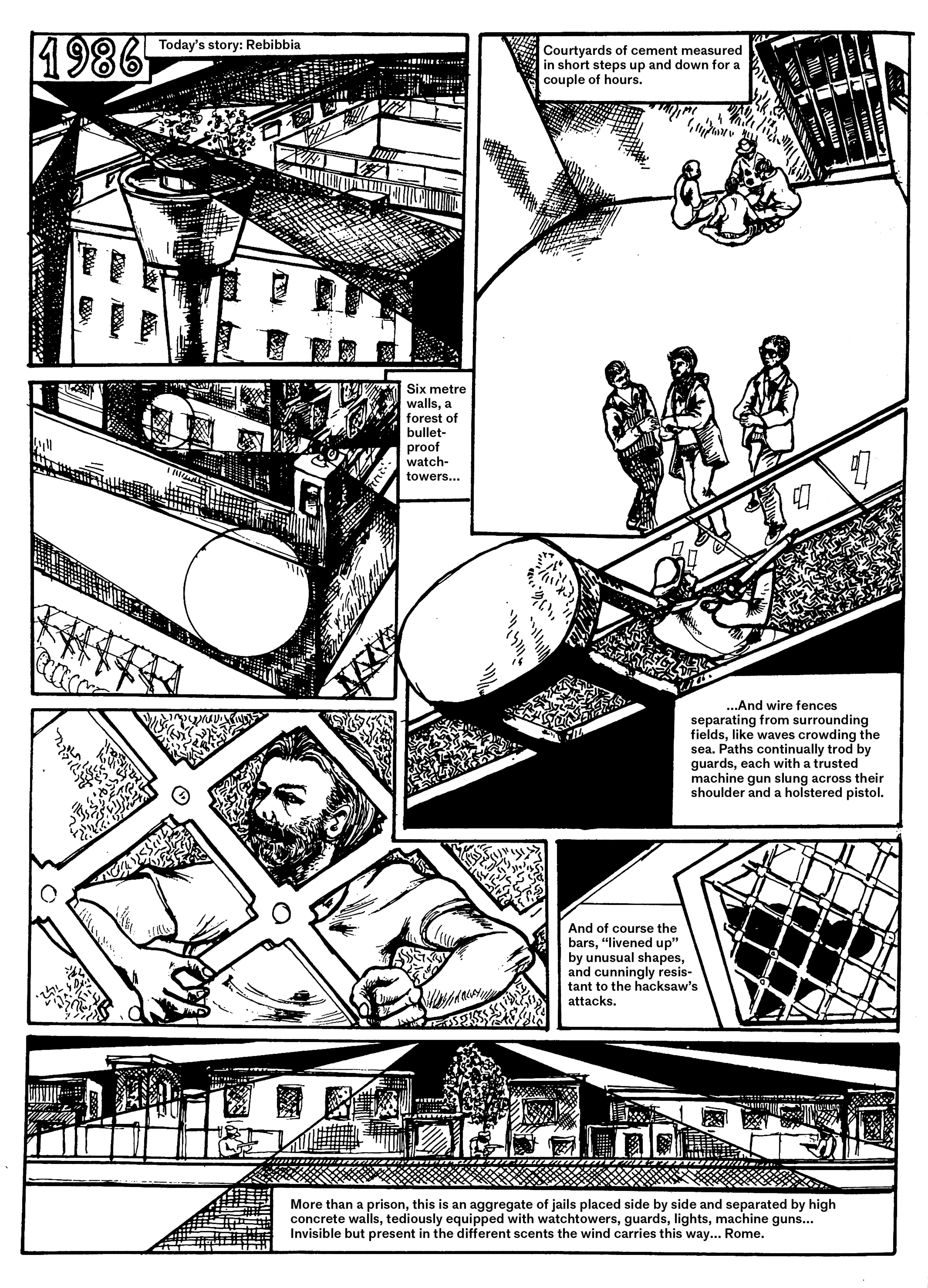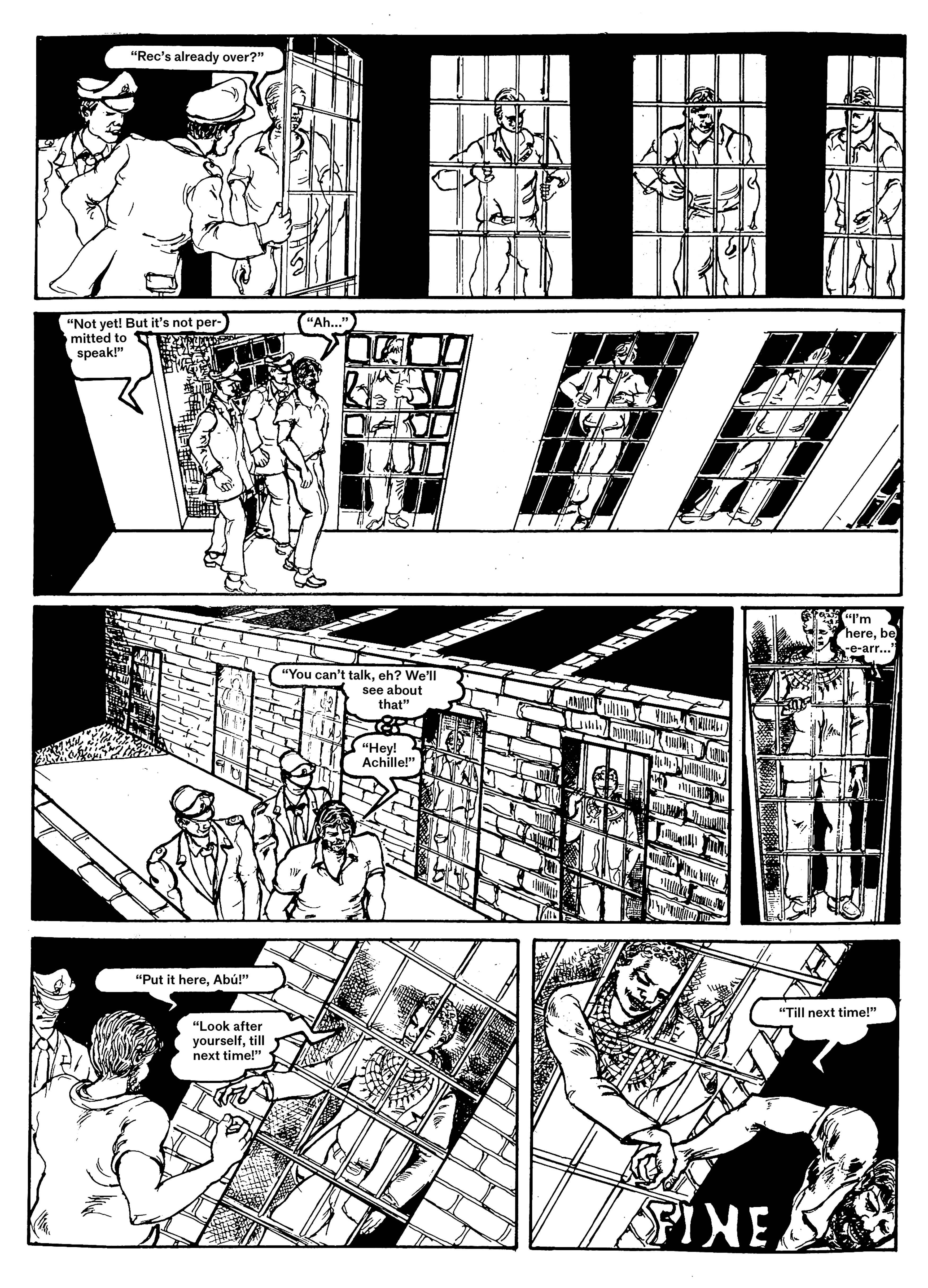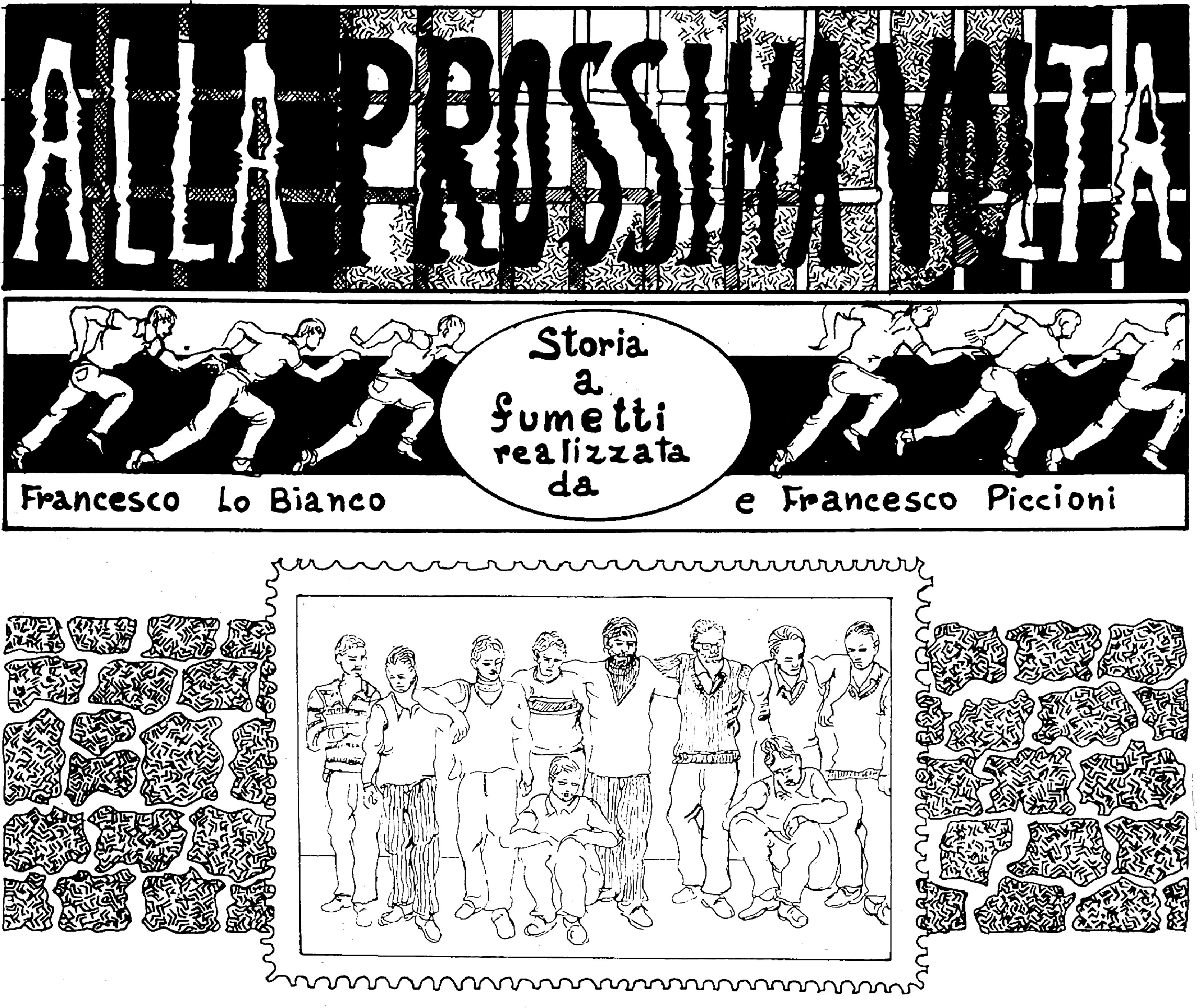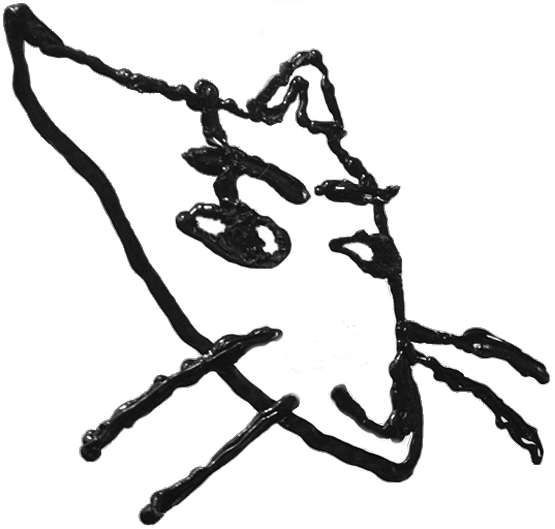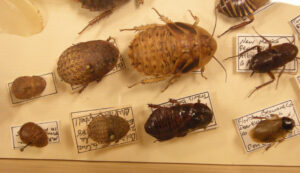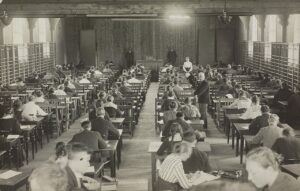Translated by Lineamara and Rees Nicolas.
Translators’ Foreword
The Brigate Rosse [Red Brigades] were an Italian political organization of the radical left, mostly active during the 1970s. Also known as the Anni di Piombo [Years of Lead], this period was characterized by intense political turmoil, the emergence of Italian neo-fascist terrorist groups (simultaneous with a military coup in neighboring Greece, and Pinochet in Chile), police and state violence, and massive strikes, all at a time when Italy had the largest Communist Party in Western Europe.
In this context, the Brigate Rosse were formed by former members of the Italian Communist Youth Federation in Reggio Emilia, students in the Department of Sociology at the University of Trento, and workers in Milan. Its members had been involved in the workers’ struggle and political organizing in the northern Italian industrial core (Fiat, Siemens, Pirelli etc.), expanding into other cities after 1974. Their aim was the expression of the working class’ opposition to the State and Capital through activities such as sabotage, robbery, and eventually kidnapping. By 1980, the majority of active militants and supporters had been arrested, with many of the remainder seeking refuge in France.
Excerpts from a letter to eventual publishers by Francesco Lo Bianco and Francesco Piccioni.
This comic book [Until Next Time] started to take shape in the summer of 1987. We were in the special prison of Cuneo, during the summer recess of the Moro-ter trial. It hadn’t been too long since 21 April, the day on which our attempt to escape from Rebibbia [prison] had been discovered. Our stay at Cuneo was almost a sort of “holiday” before having to dive back into the climate of a trial: a moment in which there’s more space, let’s say, for the private…
…the discovery of our attempted escape had obviously left a bitter taste in the mouth. One way to cope with that sort of emotional state, for us, was to look for the funny side in what had happened, playing about with the different ways we could tell the same story. It’s possible that some of the humor we found while joking around didn’t find as much space in the comic itself.”
… at first we undervalued our chosen media, affected by the common prejudice that takes the comic book form to be ‘simple’. When practically applying the form it revealed itself to be a necessary and complex mix of different disciplines. For this reason we had to revise both the narrative structure and entire scenes several times; and even the expressive principles that we had initially taken for granted. We had to literally invent for ourselves many expressive techniques. Something which could have either left the product incomplete or allowed greater space for free invention…
The choice of the comic form also fulfills another purpose: to speak to a wider audience than the one with which we are used to communicating. A goal that is today potentially achievable, in this particular political moment. Indeed, for the last few months Italian society has been collectively and painstakingly questioning a piece of the country’s history: the period between ‘68 and today which has seen, among other things, the arrival, among other things, of armed political organizations on the stage of political struggle… It’s a discussion involving everyone, from political leaders to ordinary people. Although these are difficult things to think about, they certainly represent a step forward in the country’s civil development…
…one of the consequences of this debate is the restitution to the guerilla of his own image of himself: that of someone fighting for a more just society. Men driven by social and idealistic motives. Questionable motives, certainly, but motives that remain within the range of ideas that exist and matter in the world. There is thus today a growing curiosity about us as real people, about who we are, behind the socially homologizing fact of political identity.
Prospero Gallinari
Francesco Lo Bianco
Francesco Piccioni
Bruno Seghetti

